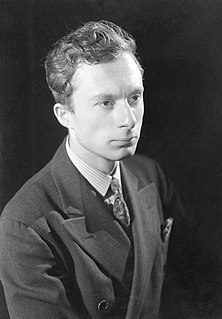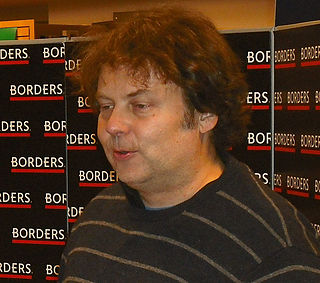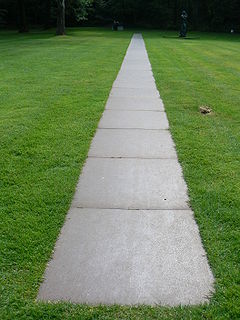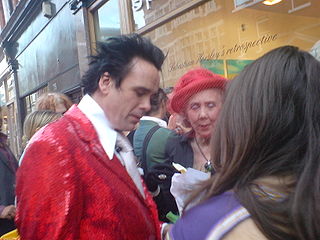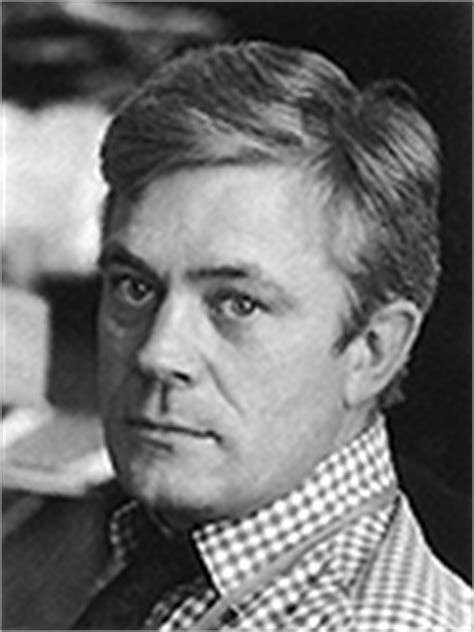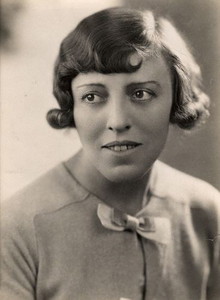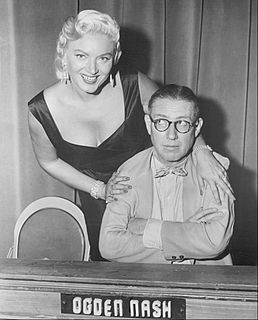A Quote by Norman Lloyd
If I go to England, they know I'm not an Englishman, but most Americans think I'm English.
Related Quotes
At every point I wished that I was born English. They need to make it colder in here. You could hang meat in this room. But, yeah...I grew up in a very English household. My folks were from Liverpool. I've said this before, but there is nothing more English than an Englishman that no longer lives in England.
I think I went through early years of my career sort of thinking, "Well, maybe I'm just not British enough." And I always remember my father saying to me, "Don't think you're English, because however English you feel, some Englishman is going to remind you that you're not." Now, for him it must have been a much more acute experience, because he immigrated to England. I was born there, so I kind of felt I had the right to assume that I was British, but it's true. The English are a very warm and welcoming people, but there's a streak in there that reminds you, occasionally.
But I don't know, maybe it's just as well I never got there. I dreamed about it for so many years. I used to go to English movies just to look at the streets. I remember years ago a guy I knew told me that people going to England find exactly what they go looking for. I said I'd go looking for the England of English Literature, and he nodded and said: "It's there.
I guess the most interesting thing that people think is I'm English. They think that I live in England and have a British accent. When they talk to me, at first they go, "Man, you have a great American accent," and I go, "No, no, no, this is my accent. I don't do accents." And then they're really disappointed, and they try to punch me.
In the 19th century, the English were loathed. Every memoir that you read of that period, indicates the loathing that everybody felt for the English, the only difference between the English and Americans, in this respect, is the English rather liked being loathed and the Americans apparently dislike it intensely.
For educated Americans like Joseph Ellis, Vietnam is a special hang-up. I am an Englishman of exactly the Vietnam generation, a couple of years younger than Ellis; indeed, for reasons too complicated to explain here, I was nearly drafted into the US army in 1965. I know many Americans of my own age and, as much to the point, my own class - journalists, publishers, lawyers. And I don't think I know one who served in Vietnam.
England is perhaps the only great country whose intellectuals are ashamed of their own nationality. In left-wing circles it is always felt that there is something slightly disgraceful in being an Englishman and that it is a duty to snigger at every English institution, from horse racing to suet puddings. It is a strange fact, but it is unquestionably true that almost any English intellectual would feel more ashamed of standing to attention during God save the King than of stealing from a poor box.
I wonder what it means when Americans say I'm an American. In Britain the culture is basically the same from one end of the country to the other. And when I came here and I saw Americans who live, I don't know, in you know, Northwestern California as opposed to Americans who live in Louisiana, as opposed to Americans who live in the Nevada desert. English even is literally a picture that I have in my mind of an oak tree in the field, a single oak in a green field. And also when I think of my Russian roots, it's the landscape that I connect with as more than maybe the poetry or the drama.
